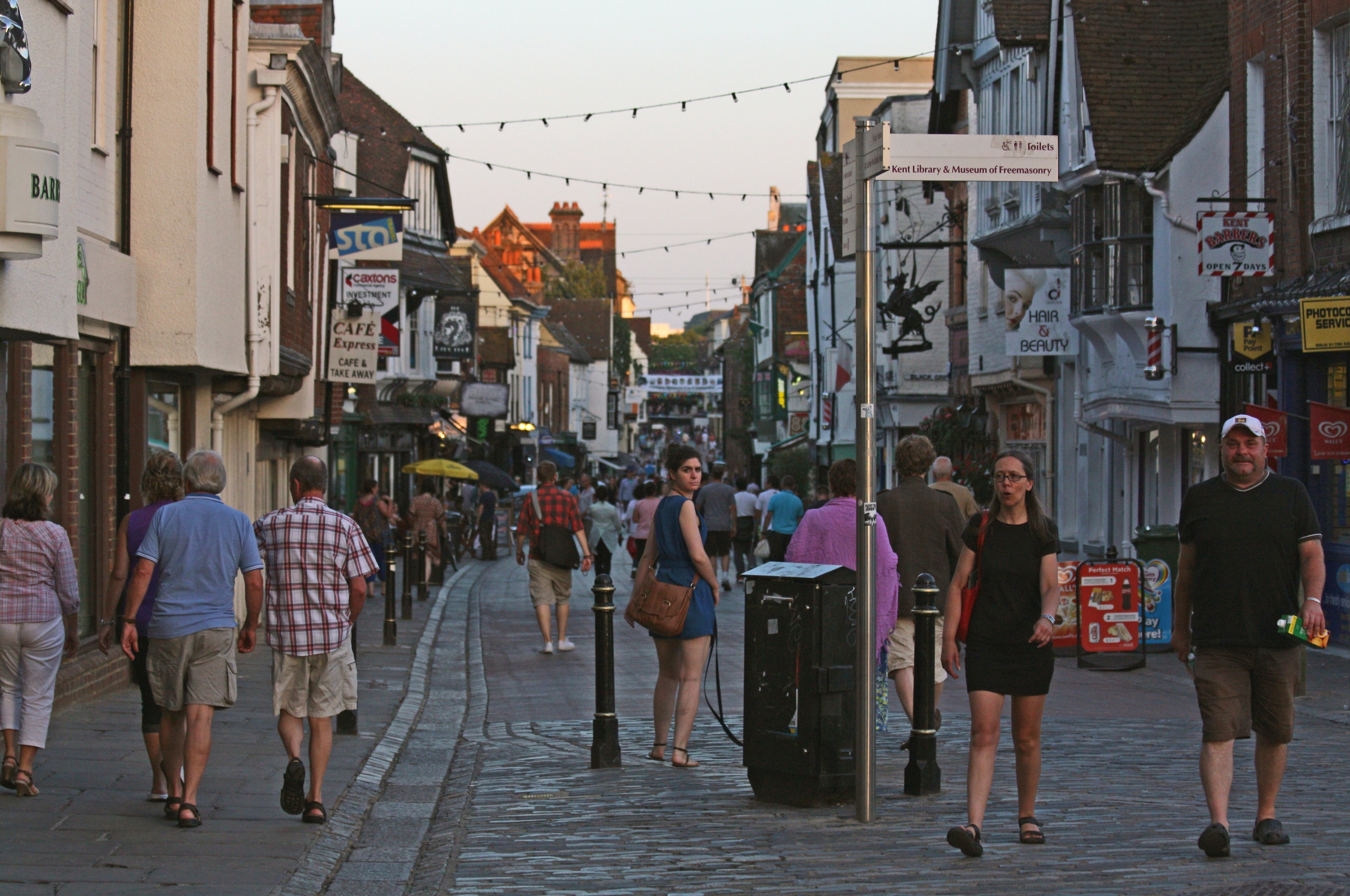
The good, the bad and the myths about grammar schools
Weald of Kent Grammar School in Tonbridge was allowed to open the first “new” grammar school of the last five decades in England in a move sidestepping the legislation banning the creation of new grammar schools. Matthew Hudson takes a look at grammar schools through his own experience.
Most of the UK grammar schools are situated in Buckinghamshire, Lincolnshire and Kent. Grammar schools are selective schools where children wishing to attend them in Year 7 have to pass a test called the 11-plus, which they take in Year 6. If they fail the 11-plus, then they can take the 12-plus or the 13-plus exam. The reason this is of importance now is because a Tonbridge grammar school is currently planning an expansion into Sevenoaks.
One key criticism of grammar schools is that the 11-plus exam puts too much pressure on children of a young age. I took the 11-plus when I was in Year 6, at the age of 10, having spent since Year 4 preparing for it. I scraped a pass. The majority of people did not pass. Due to the limited number of spaces available at grammar schools in the area and the number of people wanting to go, the logistics meant it wouldn’t have worked if the majority had passed. This meant that children aged 10 or 11 had to cope with failure, having invested a lot of time and effort.
In my day it was possible to pass the 11-plus with just a good tutor and a reasonable level of intelligence, as the test consisted of verbal and non-verbal reasoning. These were effectively puzzles, and as you prepared you learnt how to do them quickly. Earlier this week I took a verbal reasoning test and scored 60/80. There isn’t an official pass mark; though in all likelihood I would have needed another 8 marks to pass. This shows the extent to which familiarity with the type of questions is required. Nowadays knowledge of Maths and English is required but this just increases the pressure put on children.
Children go through a lot to get into grammar schools, which suggests that they are worth it. Grammar schools get results. In my year 61% of GCSE grades were A* or A. The reason grammar schools do well academically is because they often attract better teachers, have a strong reputation, and the majority of students are already clever.
The academic nature of grammar schools and the results they produce may look amazing but there is another side. At one point in Year 11 the Maths Department decided to put up a collection of posters illustrating their different views to the different grades. The posters implied getting anything less than a B was something to be ashamed of, which is clearly wrong.
This brings me onto one of the myths about grammar schools: that the students that go there are snobs. This is untrue. Just like with any other school my school had people who dropped out owing to substance abuse. Often the people that give grammar schools the image of snobbery are the teachers who apply a lot of pressure. For my A-Level mocks there was the policy that if we didn’t do well enough we could be made to pay for our exams or take them elsewhere. This caused stress but helped motivate me to get the grades required to come to UKC.
Grammar schools aren’t all bad. I doubt I would have achieved what I have achieved without having gone to the grammar school I did. They provided support with my dyspraxic tendencies and though not all the teachers were good, the majority were. My school challenged me academically and helped make me the person I am. For all of the criticisms of grammar schools, they get results and in the present society that is what counts. The pressure people put themselves under to get into grammar schools demonstrates how valuable they are.
All in all, grammar schools have good elements as well as bad. News that Tonbridge Grammar School is branching out in to Sevenoaks to avoid the law that says no more grammar schools can be made is mixed news. Many grammar schools are functioning at maximum capacity. My school by the time of my leaving had more students than it had ever had before, and the corridors were packed.
The grammar school expansion is a good idea as there is a market for it. And to the broader question should grammar schools even exist, I would argue yes.
______________________________________________________________________________
11-plus style questions to try:
- Here are four words and three codes. Three of the codes are three of the words. Using this logic find the code for the word DREAM: READ DAME WEAR DRAM 1435 1352 6234
- The words in the second set follow the same pattern as the words in the first set. Find the missing word to complete the second set: CLIP (PILE) LED. DRUM (_________) SEE.
- In the sentence about Lawson a four-letter word is hidden at the end of one word and the start of the next. Find it: Lawson wrote a book called “Memoirs of a Tory Radical”.
- What is the next number in the sequence 1, 2, 4, 4, 7, 6, 10:
|
Answers:
|






























Discussions